
?des, akár a tiltott gyüm?lcs: Júlia 650.
¥20.36
des, akár a tiltott gyümlcs: Júlia 650.
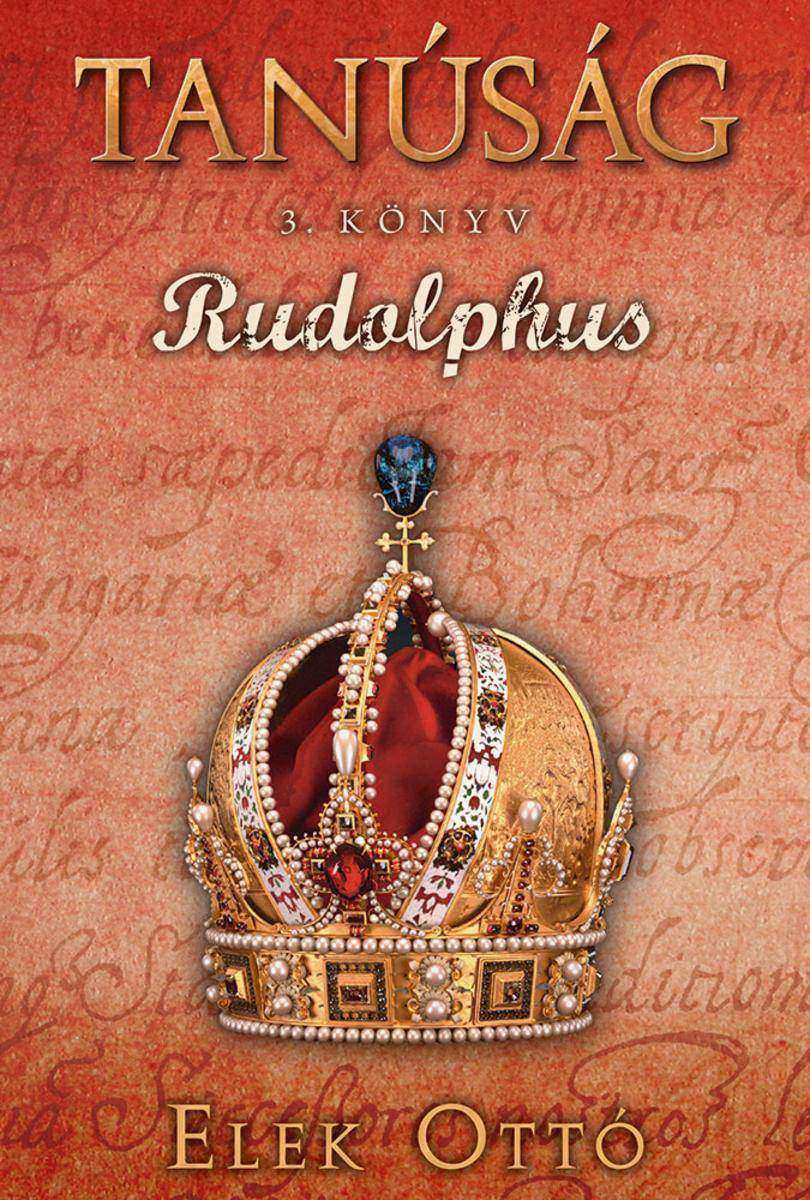
Rudolphus
¥51.58
Rudolphus

Apja lánya
¥101.78
Apja lánya

A romantika receptje, Lapzárta: Bianca 315?316.
¥49.54
A romantika receptje, Lapzárta: Bianca 315?316.

Talált család, Természetes úton, Váratlanul várandós
¥46.60
Talált család, Természetes úton, Váratlanul várandós

?jszín liliomok
¥51.58
jszín liliomok
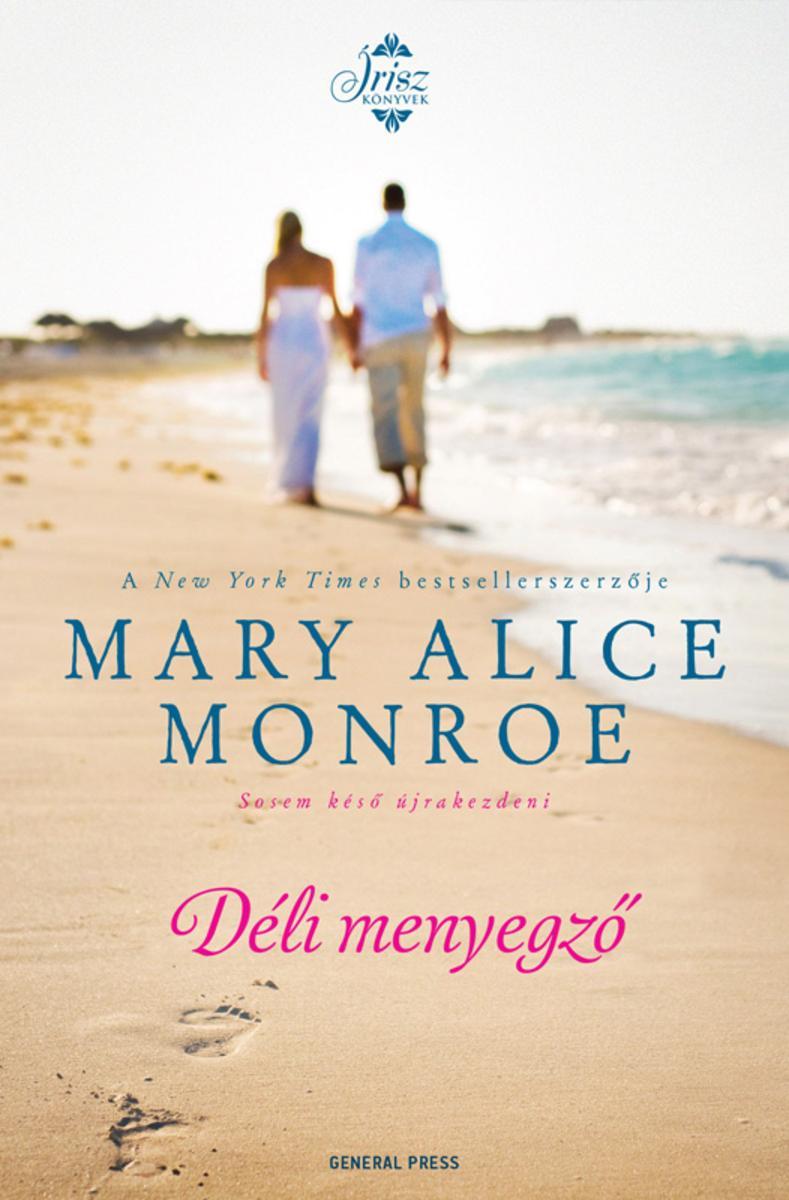
Déli menyegz?
¥65.97
Déli menyegz?

A z?ld szem? kígyó
¥51.58
A z?ld szem? kígyó

Complete Works of Pliny the Elder
¥16.27
Complete Works of Pliny the Elder
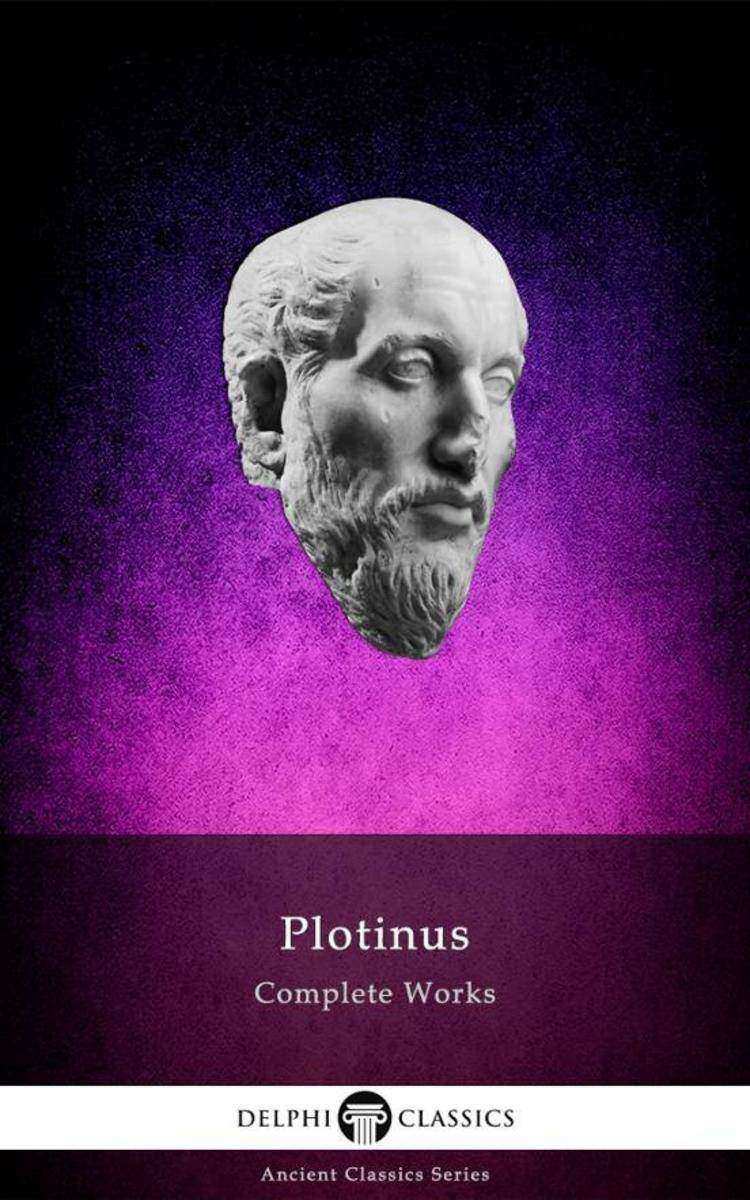
Delphi Complete Works of Plotinus
¥24.44
Delphi Complete Works of Plotinus
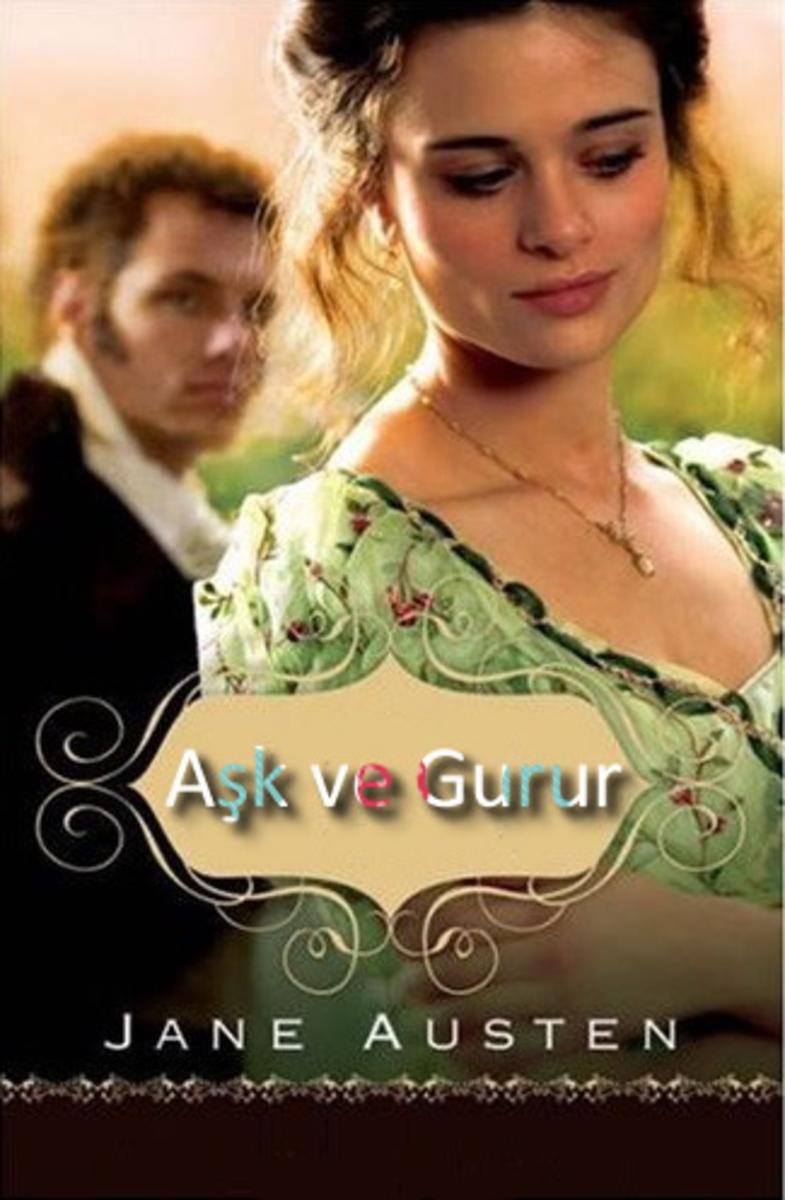
A?k ve Gurur
¥5.31
A?k ve Gurur
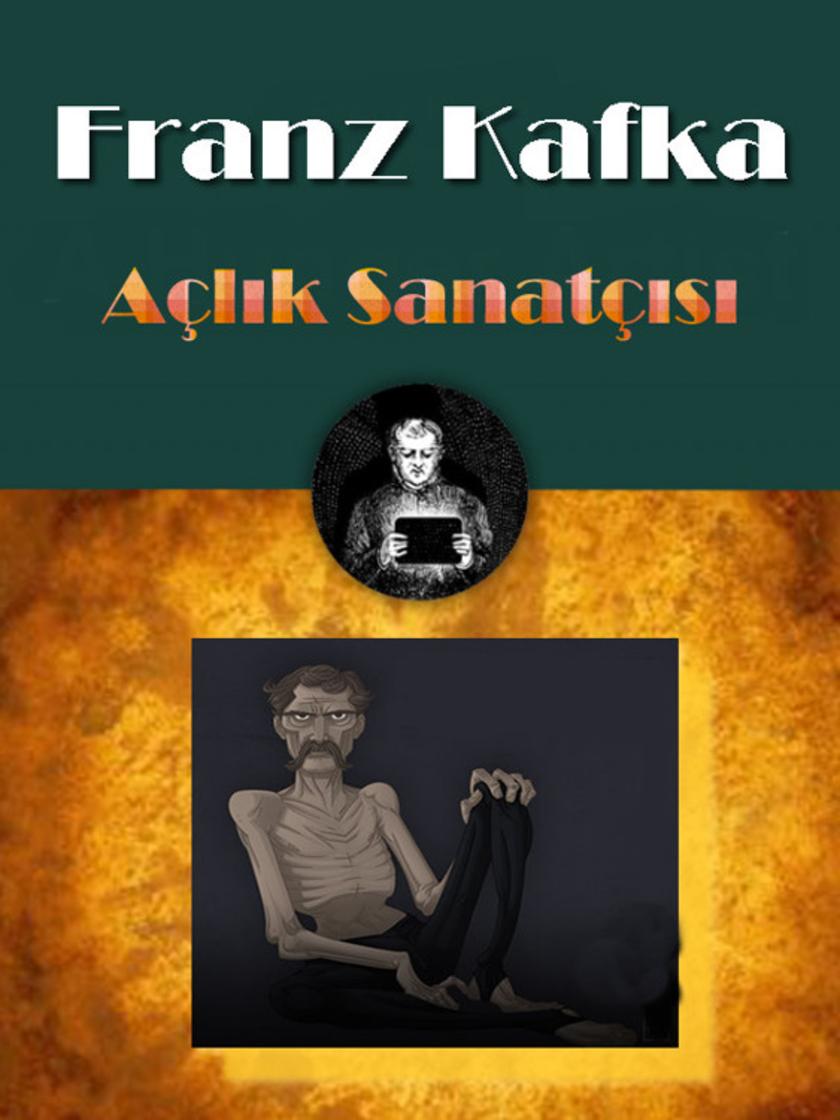
A?l?k Sanat??s?
¥4.91
A?l?k Sanat??s?
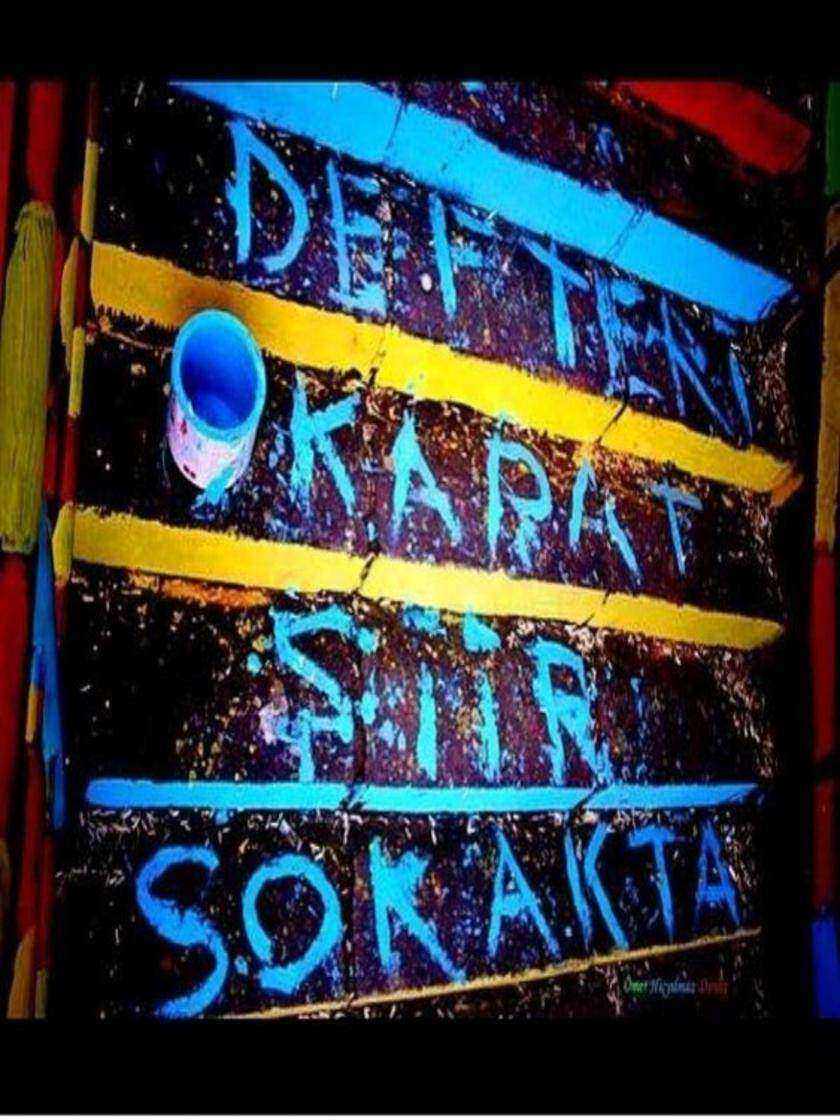
Defteri Kapat ?iir Sokakta Ak?m?
¥2.70
Defteri Kapat ?iir Sokakta Ak?m?

?arobni trenuci i druge pri?e
¥37.20
arobni trenuci i druge prie

Pri?e
¥37.20
Pri?e

Sestre Karamazic
¥37.20
Sestre Karamazic
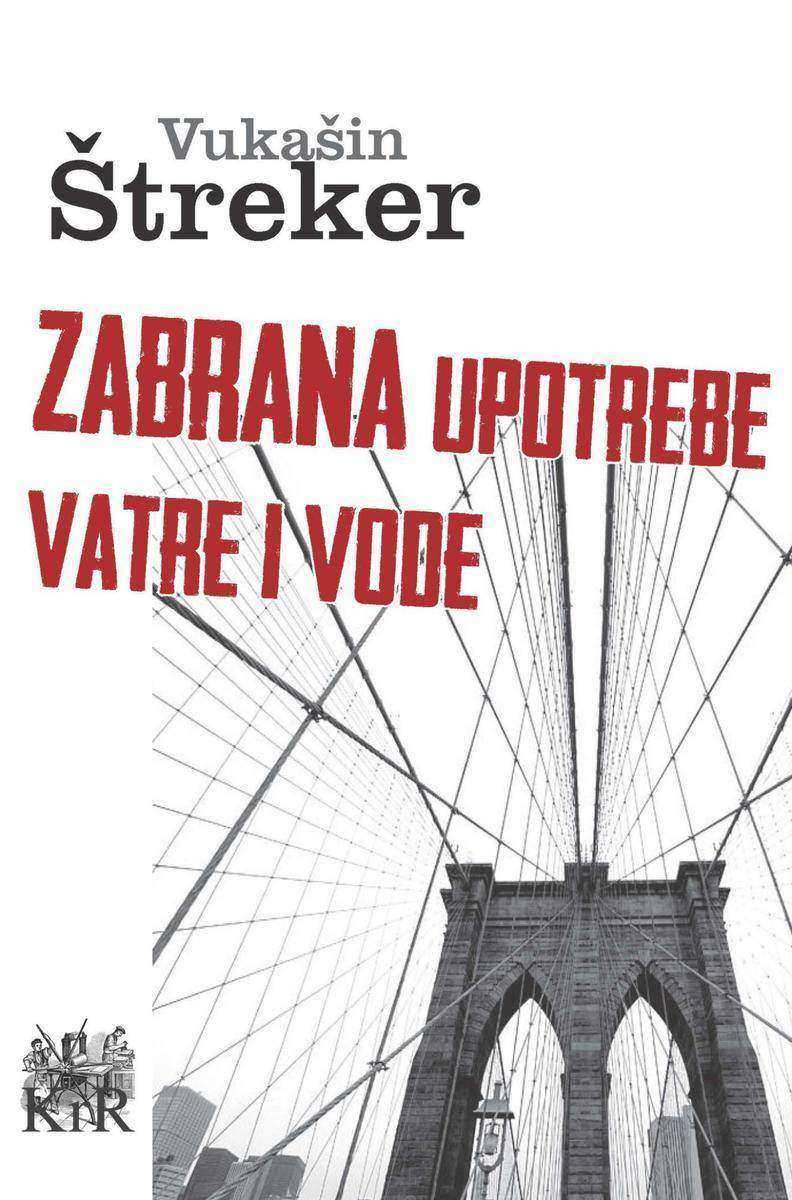
Zabrana upotrebe vatre i vode
¥37.20
Zabrana upotrebe vatre i vode

Everyone In LA Is an REDACTED: Book One
¥40.79
LA is a beast. A city that swallows most with its glamour and glitz. Not Sarah Fuller though. Stubborn and relentless, Sarah refuses to be changed by her surroundings. Often, she takes a cynical approach, judging the world around her, though never taking anything too seriously. Thrown back into the dating arena in her late thirties, Sarah encounters brand new challenges. Readers will laugh out loud at the adventures and mishaps this sassy protagonist gets herself into. She explores LA life, seeing it through her unique lens. Hair extensions, goat yoga, socialites and all the strangeness that comes out of LA weave together in this crazy, episodic adventure. Can you handle the absurdities?? Fans of Chelsea Handler and Sex in the City will love Everyone in LA is an Asshole, a series that doesn’t hold back and says what we’re all secretly thinking.

Mesterl?vész
¥61.23
Mesterl?vész

Apa karácsonyra, ?gb?l pottyant ?r?kség
¥40.79
Apa karácsonyra, ?gb?l pottyant ?r?kség

Csapdába csalva: 3 t?rténet 1 k?tetben
¥52.48
Csapdába csalva: 3 t?rténet 1 k?tetben




 购物车
购物车 个人中心
个人中心



